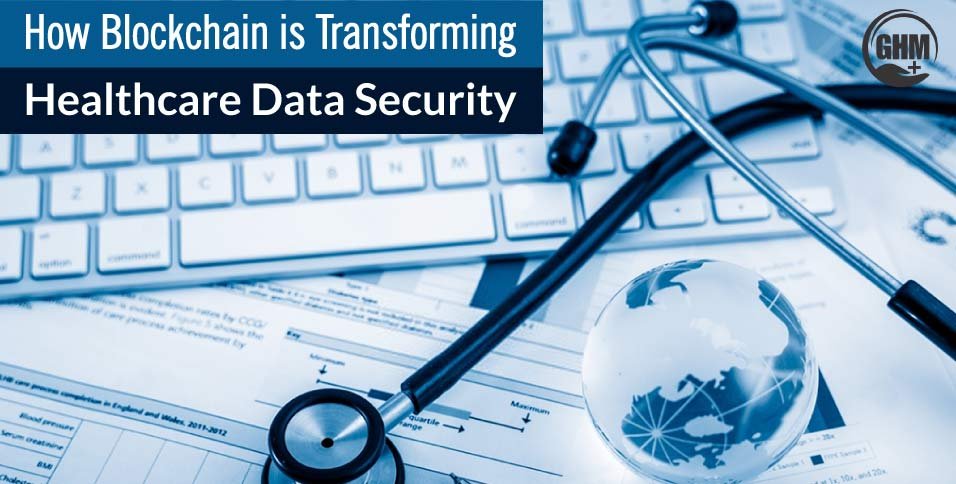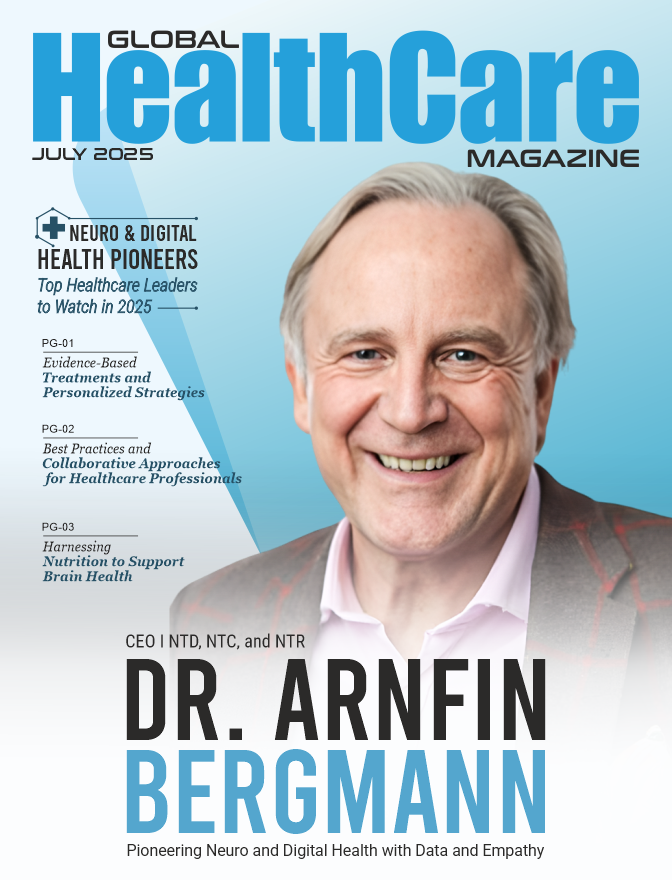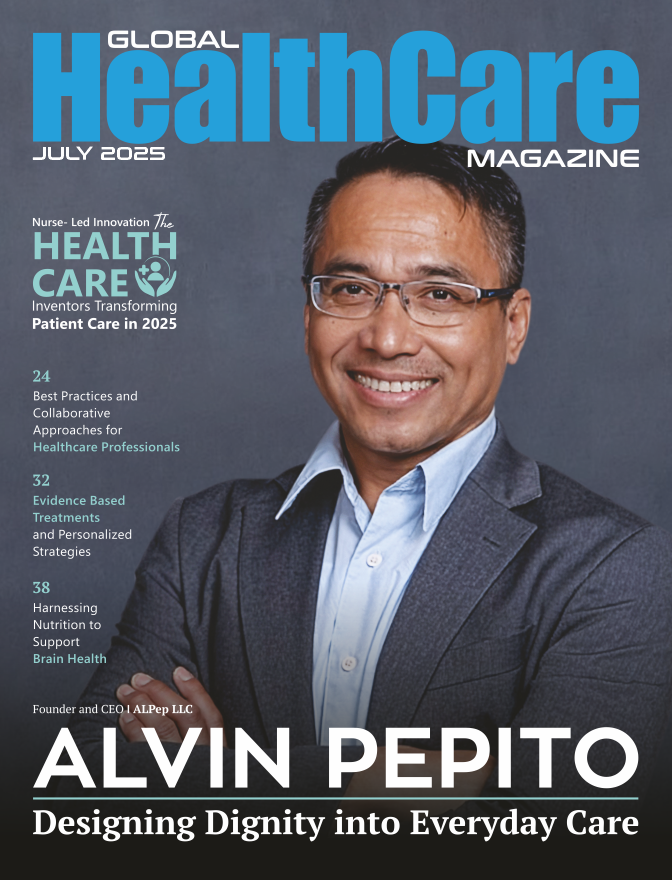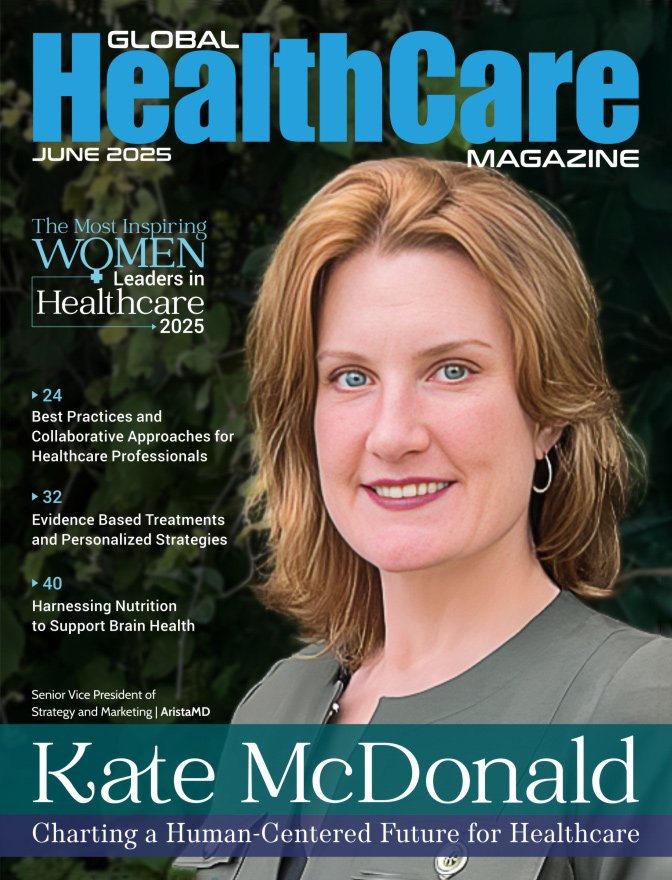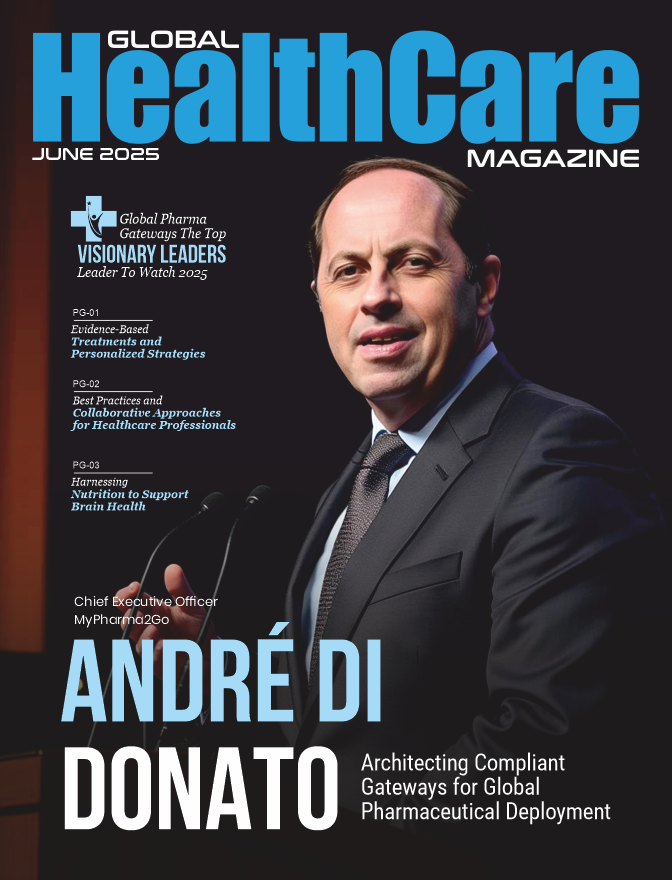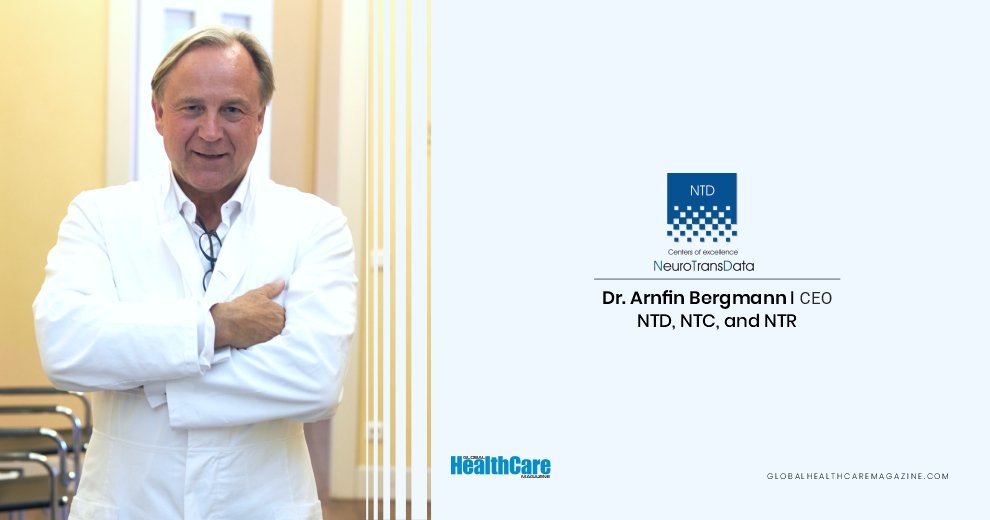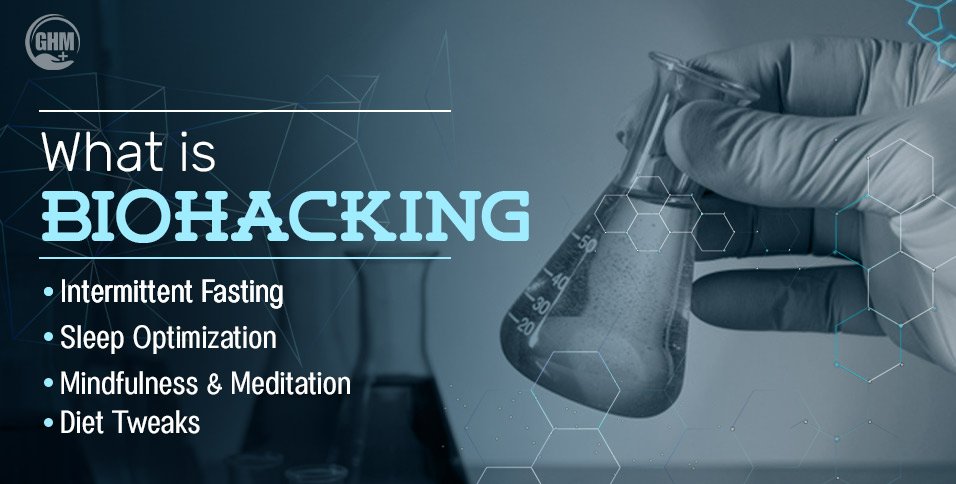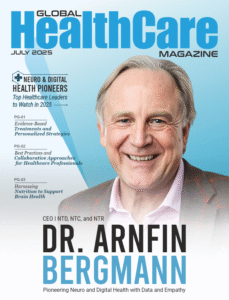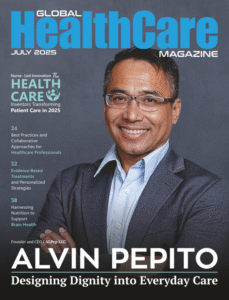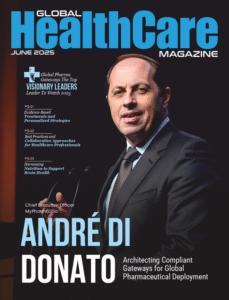In an era defined by digital transformation, data is the lifeblood of the healthcare industry. From electronic health records (EHRs) to patient billing information, the sector relies heavily on the accurate and secure exchange of sensitive data. However, with the benefits of digitization come the risks of data breaches and unauthorized access, which can have profound consequences for patient privacy and overall healthcare system integrity.
This is where blockchain technology is emerging as a formidable solution to revolutionize healthcare data security. In this article, we’ll delve into the transformative potential of blockchain in safeguarding healthcare data.
The Challenge of Healthcare Data Security
Before we explore blockchain’s role, it’s crucial to understand the challenges healthcare organizations face in securing patient data. Traditional centralized data systems are susceptible to hacks, unauthorized access, and data manipulation. This not only threatens patient privacy but also undermines trust in the healthcare system.
Enter Blockchain: How It Works
Blockchain, initially designed for cryptocurrencies like Bitcoin, is essentially a decentralized and immutable digital ledger. It records transactions across a network of computers in a way that ensures transparency, security, and integrity. In healthcare, this technology can be applied to create a secure and tamper-resistant system for managing and sharing patient data.
Key Benefits of Blockchain in Healthcare
- Enhanced Security: Blockchain employs advanced cryptographic techniques to secure data. Once information is recorded in a block, it becomes nearly impossible to alter or delete without consensus from the network, making it highly resistant to hacking.
- Interoperability: Blockchain can enable seamless data exchange between different healthcare providers and systems, reducing errors and improving patient care.
- Patient Control: Patients can have greater control over their health data, granting permission for specific individuals or institutions to access their information. This empowers individuals to share their data securely for research or treatment.
- Streamlined Processes: Smart contracts, self-executing code on the blockchain, can automate administrative tasks such as claims processing, reducing costs and improving efficiency.
- Data Integrity: Every transaction on the blockchain is time-stamped and linked to previous transactions, ensuring the integrity and accuracy of the data.
Real-world Examples
Several initiatives are already harnessing blockchain in healthcare:
- MedicalChain: This platform allows patients to have control over their health records and selectively grant access to healthcare professionals.
- Hashed Health: It focuses on supply chain management within healthcare, ensuring the authenticity and security of pharmaceuticals.
- IBM’s Blockchain for Healthcare: IBM offers blockchain solutions for various healthcare applications, including clinical trials and drug traceability.
The Road Ahead
While blockchain holds immense promise for healthcare data security, its widespread adoption still faces challenges, including regulatory compliance, scalability, and interoperability with existing systems. However, ongoing research and development, along with collaborations between technology innovators and healthcare providers, are rapidly advancing the integration of blockchain into the industry.
In conclusion, blockchain technology is poised to revolutionize healthcare data security by providing a secure, transparent, and patient-centric system for managing sensitive information. As the healthcare sector continues to digitize, embracing blockchain is not just a choice but a necessity to ensure the privacy and integrity of patient data. With ongoing developments and increased awareness, the future of healthcare data security looks brighter than ever.
Also Read: The Future of Clinical Research: Revolutionizing Healthcare

